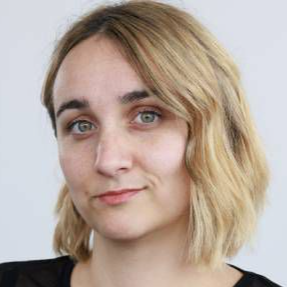Having a service run by Māori that incorporated their values would encourage a feeling of "sameness" that would make victims of sexual abuse feel safer to come forward.
They would feel more comfortable connecting with someone who looked like them and perhaps shared some of their experiences.
A kaupapa Māori sexual violence support service would also have a stronger focus on whānau.
"A lot of sexual abuse and assault happens, does happen, with people who are close to you . . . there's one world view in which we say 'this person has caused harm, we need to lock them up and throw away the key', and then there's another world view that says 'we need to look at why this person caused harm in the first place and we need to rehabilitate them and we need to go through some sort of restorative justice process to ensure that the person who caused harm and the person who was harmed can come to some kind of reconciliation between that."
The support service would be run more in the second way, she said.
ActionStation has pitched the idea for Wellington City Council to include such a service in its 10-year plan.
The group gathered more than 100 submissions for the 10-year plan urging the council to make ending sexual violence a priority, alongside housing, transport, economic growth, arts and culture and infrastructure.
A kaupapa Māori service was part of the submissions.
It is something O'Connell Rapira believes would have a large impact after a long period of time.
"If we're committed to turning around our pretty horrific statistics, which are really bad, New Zealand has double the world average of sexual abuse and sexual assault, then a part of that conversation needs to be how can we serve Māori women, and not just Māori women actually, women of different ethnic minorities as well."
Such a service was not common around New Zealand, she said.
"We would really love to see a shift. Wellington City Council could play a central role in leading other councils to do that."
